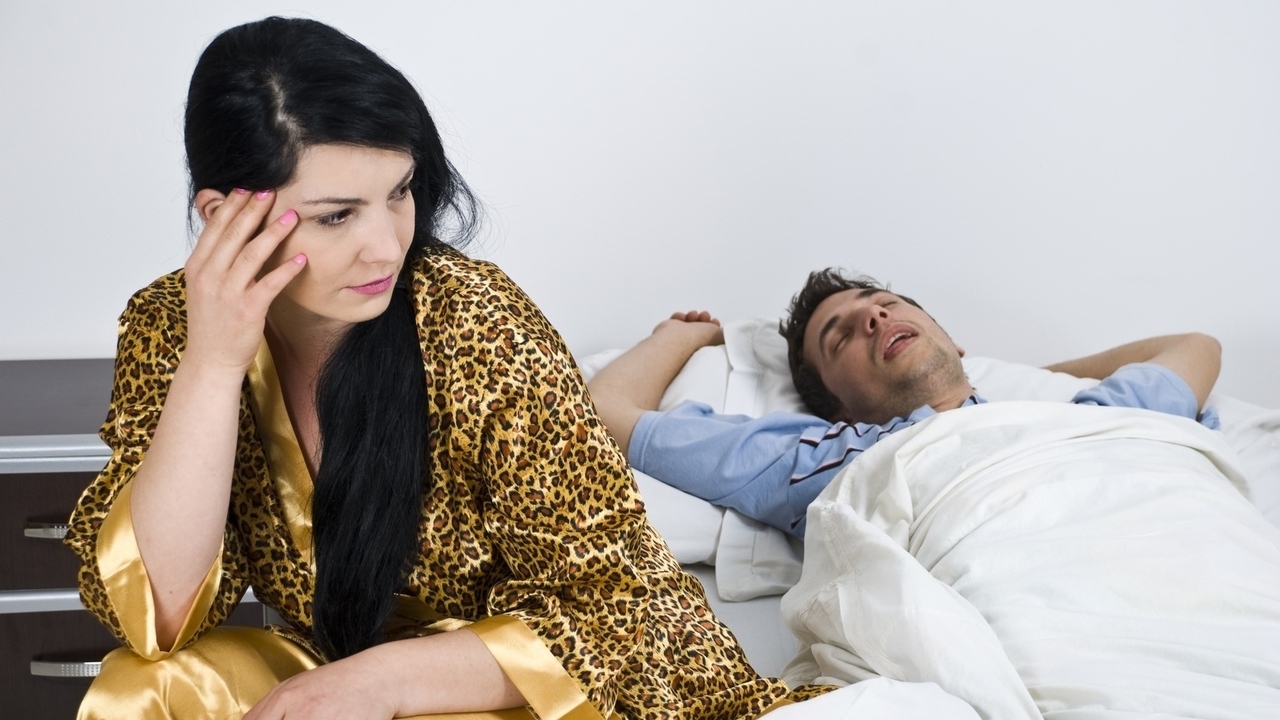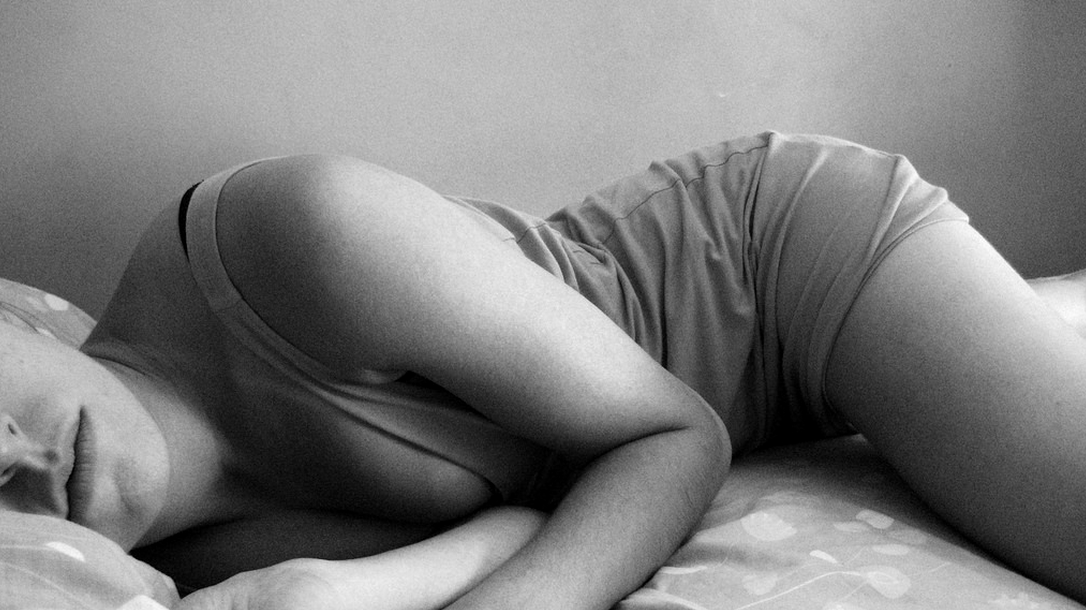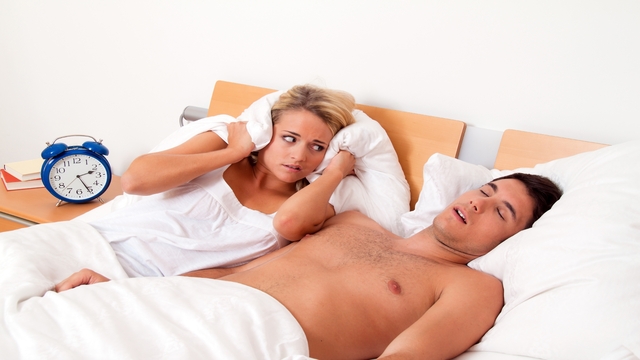If you’re a woman over 40, you may be a snorer and not even realize it. Or if you know you snore, you may not want to talk about it with your partner or your doctor. It’s just not ladylike. Yet snoring could have a negative impact on every area of your life.
Women tend to begin snoring later in life than men. Snoring is more common and more severe once we are post-menopausal.1 The National Sleep Foundation reported that 43 percent of perimenopausal women report experiencing symptoms of a sleep disorder, such as snoring, but that number increases to 50 percent in post-menopausal women.2 That may be because estrogen has a protective effect on the muscles that dilate your upper airway. When your estrogen levels dip, those muscles tend to relax and your likelihood of snoring increases. Snoring may also be caused by narrow, blocked or obstructed nasal passages.
Because your snoring may be quieter than a man’s, you may not even be aware of it. Or if you are, you may think it’s no big deal. But snoring after menopause can be tied to depression, insomnia, headaches, daytime fatigue and tension.3 And if you’re too tired to think or concentrate, your workplace performance may also slide. Does this resonate with you? If so, it’s time to take action and make some changes.
Women who breathe through their mouths at night may actually sleep lighter, wake up more easily during the night and awaken less refreshed. Feeling fatigued, they may be less able to concentrate. If you’re already having concentration problems due to hormonal fluctuations, why add to the issue? Breathing through your nose improves sleep quality.It also slows your breathing rate, which can be calming. And because the nose moistens, filters and warms the air, nasal breathing supports lung health.
Many women find that wearing an easily adjustable over-the-counter nasal device called Mute while sleeping enhances their ability to breathe through their nose. Mute very comfortably opens and structurally supports the nasal airway to increase nasal airflow and help alleviate snoring.
Here's some strategies for improving your sleep after age 40:
- Exercise in the morning. One study published in the journal SLEEP4, found that overweight, post-menopausal women who exercised in the morning have an easier time falling asleep and experience a better-quality sleep than evening exercisers.
Tune out from technology about one hour before bedtime to prevent blue light exposure, which suppresses melatonin the hormone that regulates your sleep/wake cycle.
- Prioritize seven to nine hours of sleep time and establish a consistent wake time (7 days/week). It’s the single-most important cue for setting your internal biological clock.
- Breathe through your nose at night, especially if you snore or suffer from nasal congestion. Using Mute will help. Likely, you will have an ‘aha’ moment when you feel an increased ability to breathe through your nose, enhancing your breathing and helping to combat snoring.
- Keep your cool. Choose cotton sheets and sleepwear because they are more breathable. Turn down the thermostat. And try taking a warm shower or bath soon before bedtime. This has a calming effect on your body and mind, and allows your body temperature to naturally drop as you drift into sound sleep.
- Do not look at the clock if you awaken during the night. This stimulates the brain as you start counting the hours of remaining sleep and thinking about the day ahead.
Snoring among women is not as rare as once thought. If you still have sleep issues after trying these tips, it may be time to have a candid talk with your physician or a medical sleep expert about your symptoms.
https://sleepfoundation.org/sleep-topics/menopause-and-sleep
https://sleepfoundation.org/sites/default/files/FinalPresentation3607.ppt
http://www.britishsnoring.co.uk/snoring_&_sleep_apnoea/women.php
https://academic.oup.com/sleep/article/26/7/830/2707870/Effects-of-a-Yearlong-Moderate-Intensity-Exercise
All user-generated information on this site is the opinion of its author only and is not a substitute for medical advice or treatment for any medical conditions. Members and guests are responsible for their own posts and the potential consequences of those posts detailed in our Terms of Service.






Add a Comment1 Comments
Thank you for this Share!
Women should definitely talk to their doctors about snoring - and have sleep apnea ruled out.
March 12, 2018 - 12:32pmBest.
Susan
This Comment